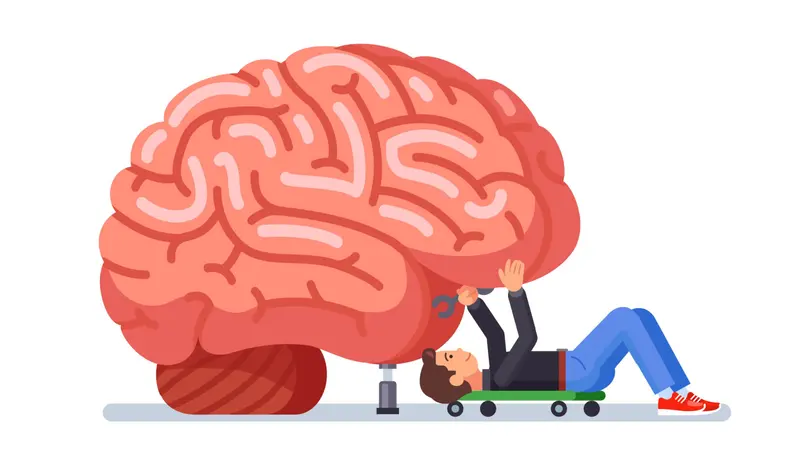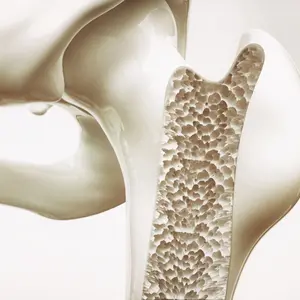

Mental and Behavioral Well-Being

Mental and Behavioral Well-Being
Best Mental Hygiene Practices
Just like washing your hands is a daily practice important for your health, mental hygiene is another daily practice that is critical for your functioning and mood.
Here are five strategies you can adopt to shift away from behaviors that diminish mental health and toward new habits that can improve your overall well-being.
Have a Regular Morning Routine
Pick a way to start your day that helps you feel calmer and more mindful. By beginning each day in a similar way, you can feel grounded and focused before you take on the day. Some calming morning routine activities could include:
- having a cup of tea while reading or listening to the birds sing
- meditation or prayer
- going for a walk
- practicing yoga
Disinfect Your Thoughts
If your mind is filled with ANTs (automatic negative thoughts), it can trigger emotional centers in the brain and make your thoughts feel difficult to control. You can challenge these ANTs and disinfect them by writing down and answering the following questions about each ANT:
- Is it true?
- Is it absolutely true, with 100% certainty?
- How do you feel when you have this thought?
- How would you feel if you didn’t have this thought?
Then, flip the ANT to its opposite and see if this new thought isn’t actually truer and more accurate than the ANT.
By challenging an upsetting thought, your thinking will become more realistic, which will improve your emotional health.
Make Time for Exercise
Carving out time to regularly move your body helps both physical and mental health. Physical activity promotes the growth of new brain cells and increases the release of feel-good neurotransmitters like dopamine and serotonin, as well as endorphins, which are the body’s natural pain-relieving hormones. Exercise can also bring feelings of calmness and clarity, all of which helps your mental hygiene.
Make Good Food Decisions
Food can either help you feel energized and focused—or make you irritable, tired, and foggy-headed. Make sure to eat a healthy balanced diet that includes plenty of fresh produce, clean protein, healthy fats (e.g., from avocado and coconut), and foods high in omega-3 fatty acids (e.g., like walnuts, salmon, and flax seeds). Beginning the day with protein also helps give you enough energy and focus needed to achieve your daily goals.
Sugar, processed foods, and alcohol do not support your mental or physical health, so keep those out of your diet as much as possible. Every time you are about to consume something, ask yourself, “Is this good for my brain, or bad for it?”
Get Enough Sleep
Sleep deprivation not only makes you feel cranky and tired—it can increase your risk for mental health issues like depression and anxiety, make you prone to cravings, addiction, and brain fog, cause weight gain, and elevate the risk for type-2 diabetes and Alzheimer's disease.
Getting at least 7 hours of sleep each night will help you think more clearly, manage your thoughts, make better decisions, and give you the energy for your day.
Here are some guidelines to get better sleep:
- Avoid caffeine, nicotine, and alcohol, all of which can interfere with sleep.
- Create a regular sleep schedule by going to bed at the same time each night and getting up at the same time every morning.
- Keep your bedroom dark, cool, and quiet, and use a white noise machine to help eliminate distracting sounds.
- Turn off all screens at least an hour before you go to bed.
- Supplements like melatonin and magnesium can promote better sleep.
REFERENCES
Amen Clinics. (2022, July 25). Mental hygiene is just as important as washing your hands. https://www.amenclinics.com/blog/mental-hygiene-is-just-as-important-as-washing-your-hands


 By
By







